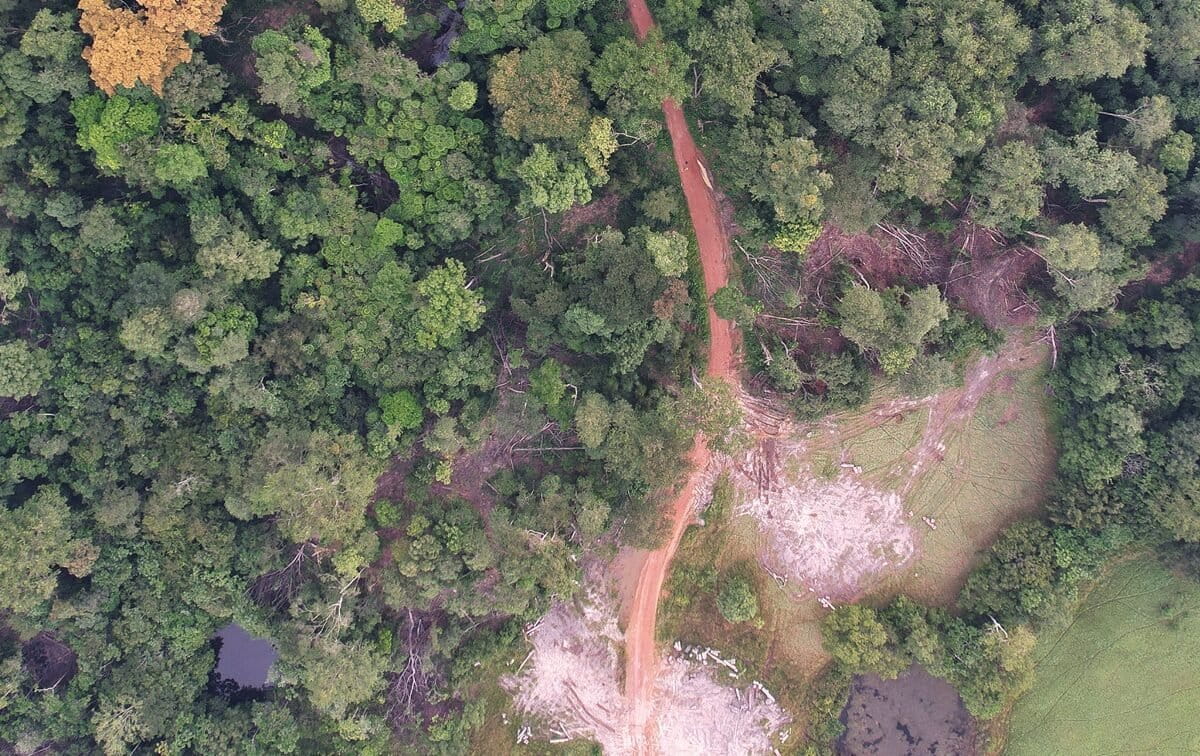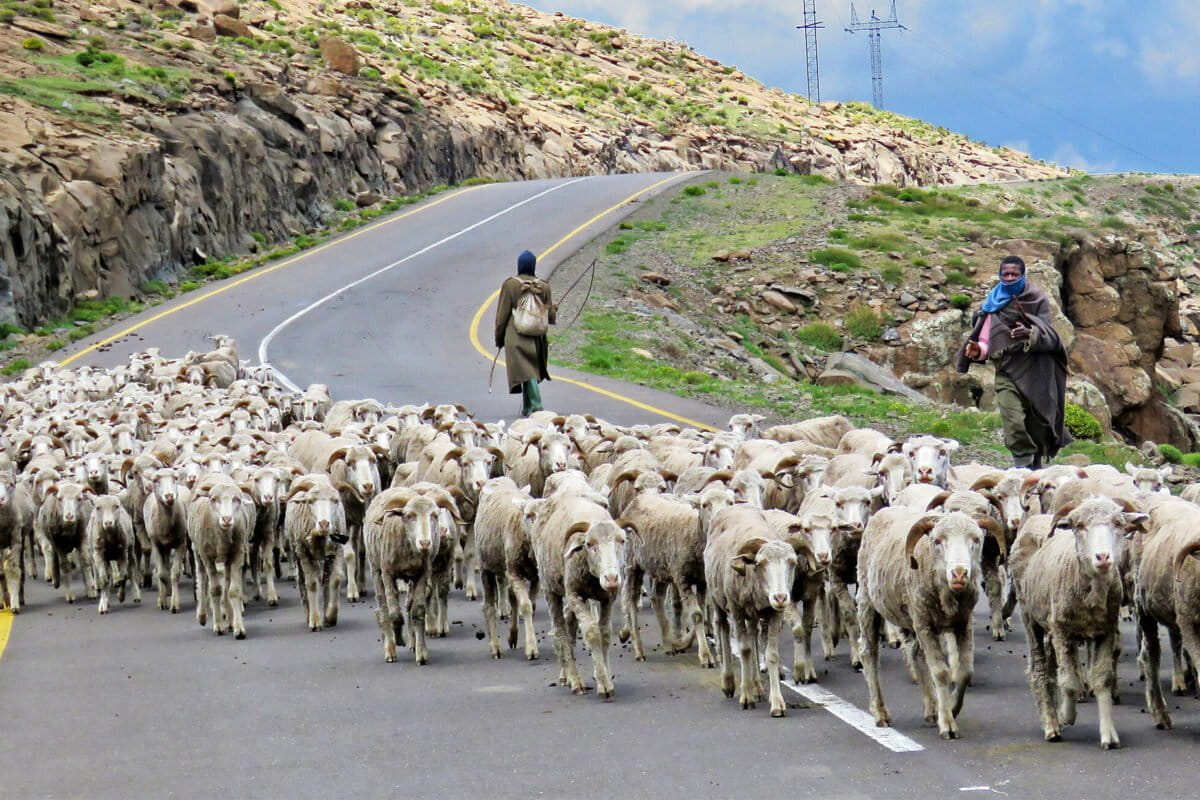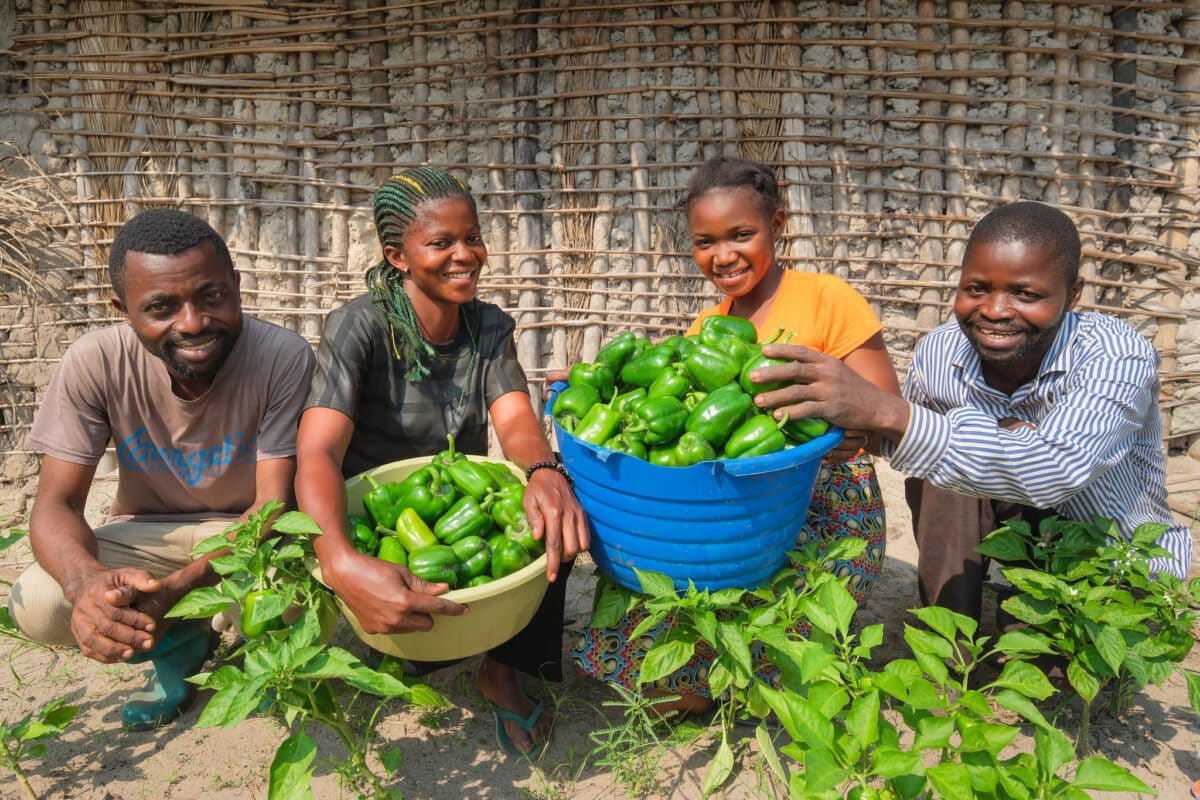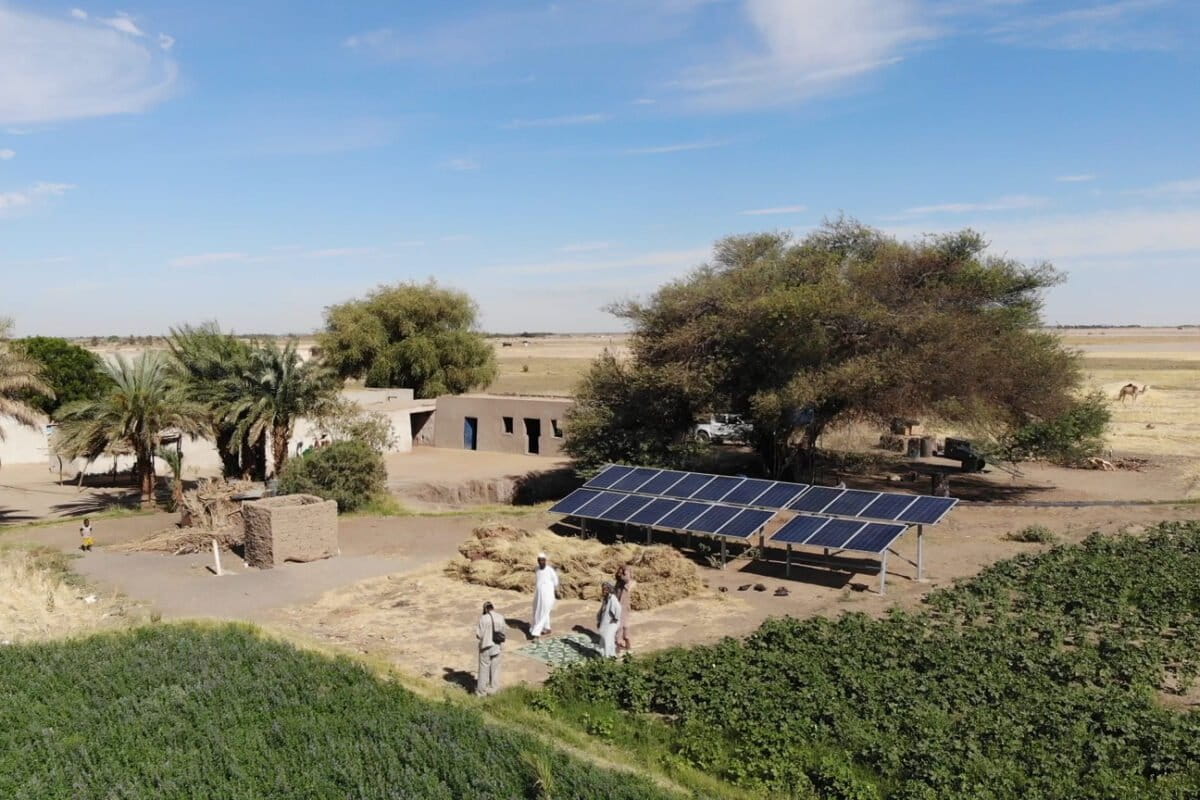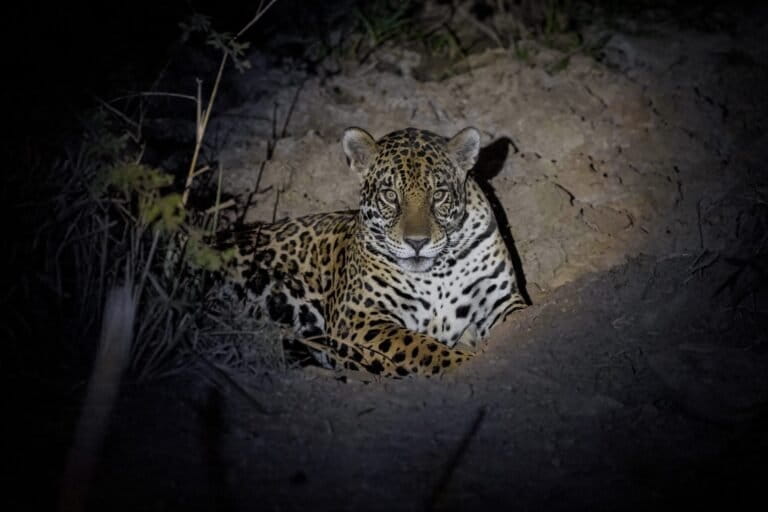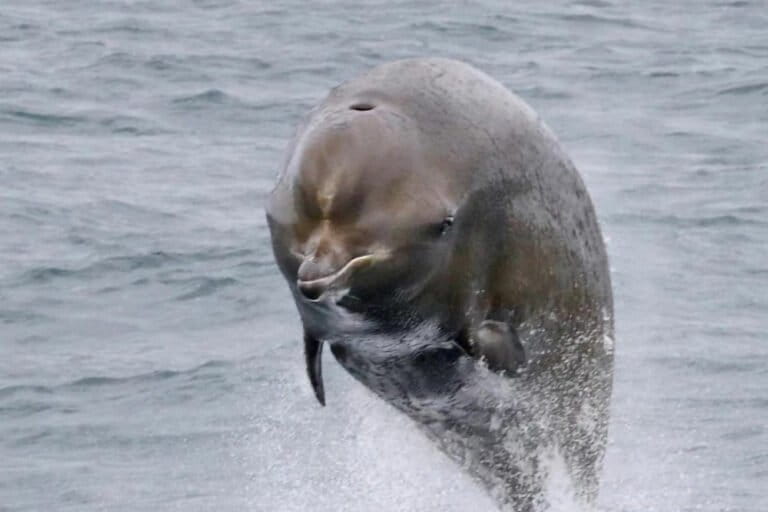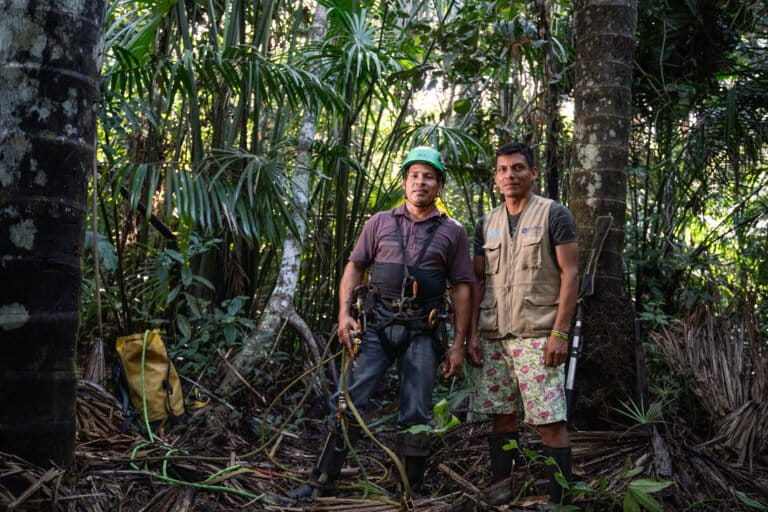- Indigenous leaders Victoria Tauli-Corpuz and Juan Carlos Jintiach were shortlisted by the Peace Research Institute Oslo (PRIO) as possible winners of the 2023 Nobel Peace Prize.
- This was the first year the PRIO included a topic for Indigenous environmental defenders.
- Both leaders say they are grateful for the recognition, especially for recognizing the international Indigenous peoples’ movement, and priority areas remain the protection of Indigenous rights and access to direct climate funding.
- The first and only time an Indigenous person won the Nobel Peace Prize was in 1992 when Guatemalan rights defender Rigoberta Menchú Tum received the award.
Every year in the run-up to the announcement of the Nobel Peace Prize, the Peace Research Institute Oslo (PRIO) publishes a shortlist of possible contenders. This year included two long-time campaigners for Indigenous rights: Kankanaey Igorot leader Victoria Tauli-Corpuz from the Philippines and Shuar leader Juan Carlos Jintiach from Ecuador.
This is the first year the PRIO has included a topic for Indigenous environmental defenders, PRIO director Henrik Urdal said.
Both Indigenous nominees put their lives on the line in their countries to stop discrimination against Indigenous people while resisting invasions in their ancestral territories. Internationally, they advocated for climate and biodiversity treaties that would later safeguard human rights.
“I feel honored just to be nominated,” said Tauli-Corpuz, former U.N. special rapporteur on the rights of Indigenous peoples. “It puts Indigenous people’s rights and development issues onto the radar … [and] what we are contributing in terms of addressing the climate change and biodiversity erosion.”

The Norwegian Nobel Committee makes the final decision and it has a 50-year secrecy policy before it releases the names of nominees it deliberates. However, PRIO does its own research and has predicted possible winners before, including Narges Mohammadi, who won this year for fighting for women’s rights in Iran.
The first and only time an Indigenous person won the Nobel Peace Prize was in 1992, when Guatemalan rights activist Rigoberta Menchú Tum received the award. However, Indigenous leaders have regularly won the Goldman Environmental Prize, known as the “Green Nobel Prize,” with human rights activist Alessandra Korap Munduruku the 2023 winner.
First year for Indigenous environmental defenders
Urdal told Mongabay that Indigenous communities are on the frontlines of climate change and the loss of habitat, which is threatening their ways of life. This contributed to the decision to place them as nominees for the first time.
“There are some major topics and large political issues on the global horizon that people in various ways tried to relate to the peace process. And climate change has been one such issue,” said Urdal.
Maintaining animal habitats and fighting climate change can be seen as a fundamental human rights struggle that pertains also to nature, Urdal explained.
“It’s a little bit of a complicated argument, but one that I think the committee could use to point to environmental issues.”
Indigenous rights may also be on the mind of the Norwegian Nobel Committee as earlier this year, Norway’s Truth and Reconciliation Commission released its final report. Based on five years of work, the findings detailed more than 100 years of forced assimilation that targeted the Indigenous Sámi people and other minorities.
Although the Nobel committee may have chosen other leaders, Urdal said that for PRIO, Jintiach and Tauli-Corpuz seemed likely choices, as they are internationally recognized, representing different arenas of Indigenous people’s rights issues as well as different geographical areas.

Why pick Victoria Tauli-Corpuz?
Tauli-Corpuz was the chair of the U.N. Permanent Forum on Indigenous Issues when the U.N. Declaration on the Rights of Indigenous Peoples (UNDRIP), which she helped to draft, was adopted in 2007. UNDRIP is a major, universal human rights document that Indigenous people frequently resort to when defending their rights.
“The world is in a very bad situation and the solutions we are seeing are very inadequate,” said Tauli-Corpuz, founder and current executive director of the Indigenous Peoples’ International Centre for Policy Research and Education (Tebtebba). “I think that’s why Indigenous people’s rights and development issues came to the fore because we are offering something and the studies that are coming out are showing that.”
According to the World Bank, 80% of the world’s biodiversity and tropical forests are in Indigenous territories, which Tauli-Corpuz said reinforces the claims of Indigenous Peoples to control, manage and govern their own territories.
UNDRIP can be better implemented if Indigenous peoples are informed about their rights and have strengthened their capacity to advocate for those rights, she told Mongabay.
In response, Tebtebba and a consortium of Indigenous Peoples organizations launched Indigenous Navigator, which is a framework and set of tools developed to systematically monitor the level of recognition and implementation of their rights.
While serving also as the U.N. special rapporteur on the rights of Indigenous peoples, Tauli-Corpuz made it difficult for political leaders to deny the evidence of land grabs and environmental harm carried out by legal and illegal actors.
In her own country, this led her to be placed on a terrorist list by former Filipino President Rodrigo Duterte.

Tauli-Corpuz will be participating in upcoming U.N. climate conference negotiations in November and December, known as COP28. One of her main messages will be ensuring Indigenous peoples have direct access to climate change resources.
Last year, a report found that of the $1.7 billion pledged for supporting Indigenous and community forest tenure at the 2021 U.N. climate conference, only 7% went directly to Indigenous and community organizations.
Why pick Juan Carlos Jintiach?
Jintiach has worn many hats in the Indigenous environmental movement. He has served as the co-chair of the Global Indigenous Caucus in the International Indigenous Peoples Forum on Climate Change within the U.N. Framework Convention on Climate Change; as an elected leader of COICA, a major federation representing Indigenous organizations in the Amazon Basin; and as an active member of multiple Indigenous rights groups.
“I always look for a personal balance with nature, with myself,” said Jintiach. “I think from being a good activist, a good human being, comes with that step.”
According to Jintiach, the work of the international Indigenous movement forms part of a hundred-year struggle for recognition. He referred to Chief Deskaheh of the Haudenosaunee Confederacy, who in 1923 went to the League of Nations, the predecessor to the United Nations, to assert the rights and sovereignty of his people but was not allowed to speak or present his case.
“It’s an ongoing work that can be very tiring,” said Jintiach. “But you have to keep going.”
Jintiach began his own journey in the 1990s, when working as part of a collective that resisted Block 24, a petroleum project that attempted to drill for oil on his community’s ancestral lands in the Amazon.

Jintiach is currently executive director of the Global Alliance of Territorial Communities (GATC), which represents 35 million people living in forest territories from 24 countries in Asia, Africa and Latin America, covering more than 958 million hectares (2.4 billion acres) of land.
They developed Shandia, a high-level platform to promote greater transparency through verifying financial flows and assessing whether it reaches Indigenous territories.
In the run-up to COP30 in Brazil in 2025, Jintiach said GATC is planning a major meeting in the Amazon that is being is being helped by their friendly relations with the country’s minister of Indigenous affairs, Sonia Guajajara.
“It is an opportunity to prepare all of us, all of us — science, academia, Indigenous peoples — to take a different direction,” said Jintiach. “There’s a lot of sadness, a lot of hurt, a lot of problems, yes, but we are marching on with determination.”
Banner image: Victoria Tauli-Corpuz speaks at the Equator Prize 2015 Award Ceremony at Theatre Mogador on December 7, 2015 in Paris, France. Image courtesy of Victoria Tauli-Corpuz.
‘I’ll keep fighting’: Indigenous activist and Goldman winner Alessandra Munduruku
Related listening from Mongabay’s podcast: We speak with National Geographic photographer Kiliii Yuyan to talk about the value of traditional ecological knowledge (TEK) in protecting the world’s biodiversity and examples of TEK from Indigenous communities he’s visited. Listen here:
FEEDBACK: Use this form to send a message to the author of this post. If you want to post a public comment, you can do that at the bottom of the page.



